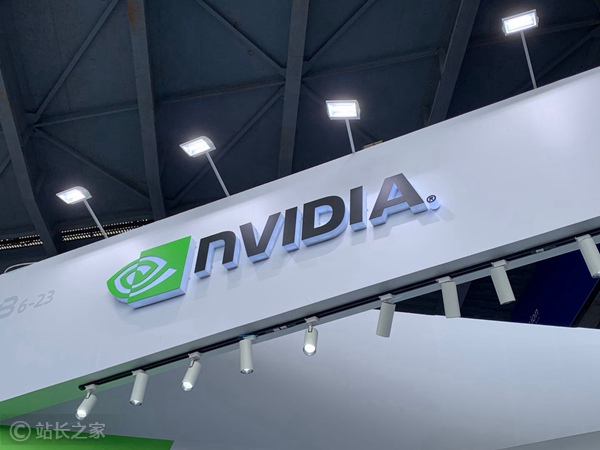The editor of Downcodes learned that Nvidia acquired the AI startup OctoAI for US$250 million. This is its fifth acquisition in 2024, further demonstrating its strong strength and strategic layout in the field of artificial intelligence. OctoAI initially focused on AI model performance optimization, and later transformed to focus on generative AI tools. Its product OctoStack provides a comprehensive generative AI model deployment solution and is favored by enterprises. How this acquisition will affect the AI industry landscape deserves attention.
Recently, Nvidia announced the acquisition of OctoAI, a Seattle-based startup, for $250 million. This is Nvidia’s fifth acquisition in 2024, further solidifying its leadership position in artificial intelligence infrastructure. OctoAI, formerly known as OctoML, was founded in 2019. It was originally a spin-off company of the Apache TVM project of the University of Washington, focusing on optimizing the performance of AI models on various hardware platforms.

Under the leadership of CEO Luis Ceze, OctoAI has successfully transformed to focus on generative AI tools and launched OctoStack, a comprehensive generative AI model deployment solution. The company's latest product emphasizes being developer-centric, making it accessible to non-experts. Ability to easily leverage large language models. OctoAI's features include private model deployment, customization of popular models such as Meta's Llama and Stable Diffusion, and significant performance optimizations. This strategic shift has allowed it to differentiate itself in secure, enterprise-grade AI deployments, attracting a diverse set of customers ranging from Fortune 500 companies to startups.
The acquisition comes at a time when companies are facing challenges in implementing and scaling the complexity of building AI solutions. The cloud platform currently provided by OctoAI enables developers to efficiently deploy and run AI models. Its technology supports a variety of chip architectures, including products from Nvidia's competitors AMD and Intel, which makes its solutions extremely flexible in the business and is no longer limited to a single hardware supplier.
This acquisition not only strengthens NVIDIA's product portfolio, but also provides it with perfect synergy with OctoAI's existing technology. Earlier this year, the partnership between NVIDIA and OctoAI was established. The two parties jointly optimized NVIDIA's reasoning microservice NIM, successfully paving the way for subsequent acquisitions.
However, the acquisition also faces some challenges. OctoAI's existing partnerships with AWS, AMD, and high-end competitors may create integration difficulties. Nvidia needs to handle these relationships carefully to maintain the hardware independence of OctoAI technology while integrating it into its own ecosystem. In addition, acquisitions due to Nvidia's dominance in the AI chip market may also trigger regulatory concerns.
Despite these challenges, the potential benefits of this acquisition for Nvidia and its enterprise customers are clear. The integration of OctoAI technology will promote more efficient and economical AI deployment, thereby accelerating the application of AI in various industries, promoting innovation and productivity improvements. Looking forward to the future, NVIDIA will use OctoAI's resources to better cater to the growing number of industry-specific AI solutions. needs.
All in all, NVIDIA's acquisition of OctoAI is an important step in its strategic layout in the AI field, but this transaction also faces integration and regulatory challenges. How OctoAI's technology will be integrated with NVIDIA's ecosystem in the future, and its impact on the entire AI industry, still requires continued attention. The editor of Downcodes will continue to bring you the latest reports.